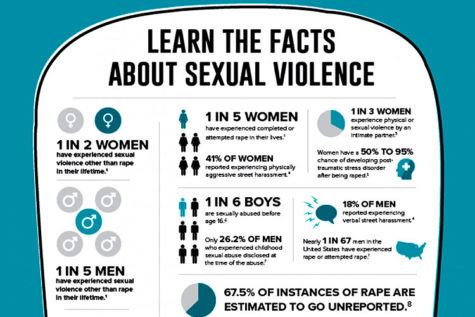Forsthoefel’s writings on human limits published
March 20, 2019
When it comes to matters of faith, one professor is politely reminding us of our human limits. Keeping those limits in mind could be one step toward fostering peace.
On Feb. 4, Thomas Forsthoefel, Ph.D., professor of Religious Studies, published online his essay, “Loving the Ineffable: Epistemic Humility and Interfaith Solidarity.” In the paper he argues that the doctrine of ineffability, found in various religious traditions, could serve as a bridge between people of different faiths.
According to Merriam-Webster, something that is ineffable is “incapable of being expressed in words.”
Forsthoefel found this was a common theme: that when it comes to the ultimate reality, be it “God,” “Allah,” “Brahman,” “nirvana,” words only go so far. “Words may ‘express’ phenomenal realities,” Forsthoefel said, “but they cannot ‘hold’ them; they cannot contain or fully capture any phenomenal event.”And because words are what we use to form concepts, including our concept of the divine, our understanding of God must necessarily be limited as well.
“God may be loved, but not thought,” Forsthoefel said, quoting a medieval Christian writing.
This does not mean words are useless, however. On the contrary, Forsthoefel notes the importance of words to “get beyond words.”
“While words may fall short in our understanding of the divine, they are nonetheless important in the process of … gaining a more refined and deeper understanding,” Forsthoefel writes.
Additionally, Forsthoefel sees the value of ineffability as a remedy for “arrogant knowing,” or uncompromising certainty of some believers that can cause militantism in a faith. According to Forsthoefel, arrogant knowing has been the source of much of the religious strife found throughout history, from the Crusades and the Inquisition to the modern-day troubles caused by fanatical groups such as ISIS.
“So much blood has been spilled in the name of certainty,” Forsthoefel said. Given this, it is important to acknowledge the limits of our knowledge.
Forsthoefel recommends “epistemic humility,” or the recognition that we do not and cannot know everything. We need a tolerance and even appreciation for other faiths.
“Even though it may be scary, [we should] be willing to let go of our concepts,” Forsthoefel said.
This can be a difficult process, but according to Forsthoefel, when we understand that our concepts can be false, we gain not only a greater comprehension of the ultimate reality, but more patience towards those who believe differently, diminishing the ego we have about our faith.
“If we recognize the limits of language that is seen in various religious traditions, valuing that limitation and even living within it can increase a sense of kinship with fellow travelers,” Forsthoefel said.







